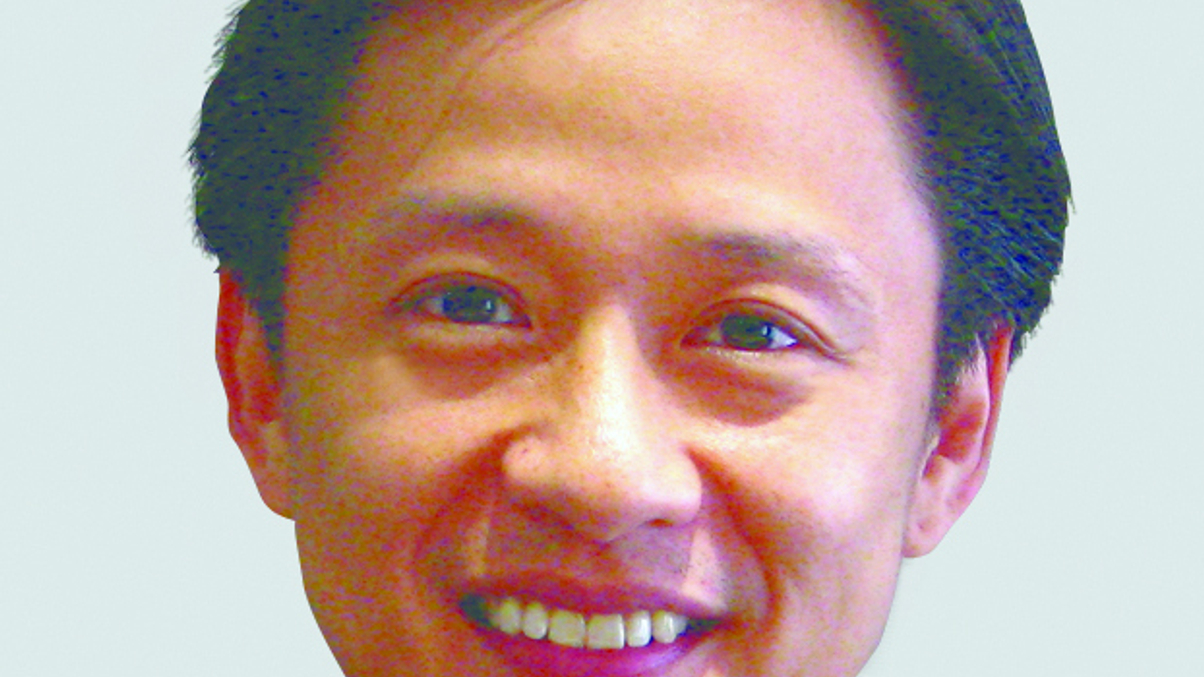MPF's next step, part 2
As Hong Kong introduces employee choice to its Mandatory Provident Fund system, ensuring such choices are wise poses a big challenge.

Employee Choice Arrangement (ECA) is more than a technical change to Hong Kong’s Mandatory Provident Fund system. It is an opportunity to turn MPF into a vibrant, meaningful industry, akin to the superannuation funds business in Australia.
Sign in to read on!
Registered users get 2 free articles in 30 days.
Subscribers have full unlimited access to AsianInvestor
Not signed up? New users get 2 free articles per month, plus a 7-day unlimited free trial.
¬ Haymarket Media Limited. All rights reserved.


